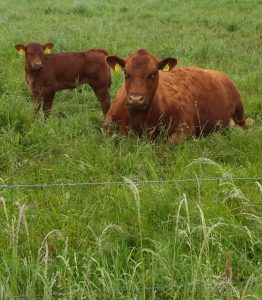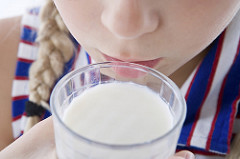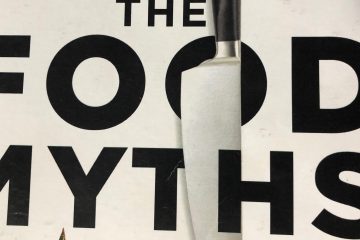Kids Drinking Cow’s Milk–Should We Be Concerned?
When you ask parents where their kids are getting their calcium and vitamin-D, you almost always will get “cow’s milk” as an answer. Thanks to marketing and advertising over the years, most parents believe that this is the best way for their kids to get these nutrients. “They must drink milk every day to be healthy.” That’s what a lot of folks believe.
But are parents in the western world depending too much on this food product? Are kids really experiencing more benefits or more negative side effects of all the milk consumption? Is it hurting or helping?
The Intended Purpose of Cow’s Milk
 If we go back to nature, we see that cow’s milk was originally intended for…well…cows. Baby calves need milk from their own species in order to grow and mature at the perfect rate. The same is true of us. We need to drink milk from our own species until we are weaned. This is the original design. It is proven that human babies are healthier when they can get milk from their own moms.
If we go back to nature, we see that cow’s milk was originally intended for…well…cows. Baby calves need milk from their own species in order to grow and mature at the perfect rate. The same is true of us. We need to drink milk from our own species until we are weaned. This is the original design. It is proven that human babies are healthier when they can get milk from their own moms.
“Cow’s milk is the perfect food for a large animal with a small brain.” ~Dr. Richard Brouse
Also, if we go back to nature, we find that cow’s milk was originally intended to be comprised of the A2 version of casein. Casein is a protein found in dairy. The A1 type of casein came on the scene once the dairy industry saw the need to genetically modify the cows to be larger and greater milk producers. The holstein cows of the western dairy world produce A1 milk. The jury is still out as to how this protein difference might be affecting people’s health.
The pasteurization and homogenization of milk has also created other side effects that were not naturally present in raw milk.
Possible Health Issues Tied to Kids Drinking Cow’s Milk

Photo Credit: DeLaval press centre Flickr via Compfight cc
Most of the debated health issues and struggles from milk seem to come from the A1 milk controversy or issues with how it is processed and manufactured. Here’s a helpful list of the health issues that have currently been linked to drinking cow’s milk. This list is not exhaustive nor have they all been proven emphatically.
- The World Health Organization reports that “milk is the most reported food allergen in the world.” In the world. Wow. Cow’s milk sensitivities and allergies are definitely real.
- Dr. Elliott in New Zealand found a connection between A1 milk and Type 1 Diabetes, heart disease, and even autism. Further research has been done since that time that seems to debunk his theory. [1. Truswell, A.S. “The A2 milk case: a critical review.” European Journal of Clinical Nutrition (2005) 59, 623–631. doi:10.1038/sj.ejcn.1602104]
- Cow’s milk is an estrogen food. That’s a fact. It’s no surprise then that there have been links to acne and early-onset puberty.
- Galactose, of which there is a high concentration in cow’s milk, is an inflammatory compound. That’s also a fact. So, people with issues with inflammation have noticed improvement when removing cow’s milk from their diets. [2. Brouse, Richard, DC. “Milk Sensitivities and Lactose Intolerance.” Teleclinic lecture. May 2015.]
- Cow’s milk is also mucus-producing. This could be why kids struggling with ear infections have noticed improvement when removing cow’s milk from their diets. (This was the case for one of my own children.)
What’s A Parent To Do?
I believe that there is enough cause for concern to at least limit the amount of cow’s milk that our kids are consuming. Seeking out other calcium and protein-rich sources of food is not unwise, nor is it hard to do. These alternatives are often easier on kids’ tummies and provide healthier side benefits.
If getting off cow’s milk altogether seems like a huge jump right now, then simply decreasing or changing the type of milk is the next step. Find an A2 milk if you can to see if that helps. Find an organic milk or a milk version that has undergone less processing (ie. from a local dairy that you trust). These small changes could also make a positive difference.



0 Comments